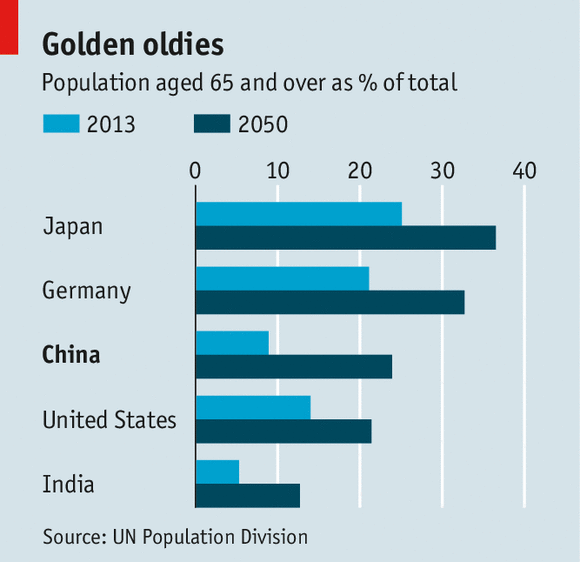Having a navy is very expensive but carries with it a bit of prestige. It projects power and can also intimidate rivals. The Navy's future in a shrinking world is a subject of much debate. Warfare is changing and undergoing a major transformation. this may make ships sitting ducks. All trends are pointing to this happening and many of us have been predicting this for years. An issue that merits some thought is whether this could happen rapidly making even our newest ships obsolete or even worse turn them into death traps.
Throughout history when fleets collide the outcome of a naval battle has
often proven decisive in which country eventually wins a military
conflict. Today ships face a new challenge. Both Russia and China are now in possession of hypersonic weapons. China has not been shy in letting us know these weapons are intended to repel American ships if the need arrives. Several of its highly
maneuverable anti-ship weapons hypersonic missiles
are reported to be capable of reaching delivery speeds of Mach 10.
Still, countries are continuing to invest in their navies. America’s newest aircraft carrier, the USS Gerald R. Ford,
was deployed for the first time in October of 2022. The $13.3 billion Ford
is the largest and most expensive warship ever built. Its sprawling five-acre flight deck stands
more than nine stories above the waterline. The Ford weighs 97,000 tons and its airpower exceeds that of at least 60
nations.
The role of maned ships in future combat is a matter of great debate. It does not take a rocket scientist to realize this, however, we are not yet at the point where the negatives of warships outweigh their positives. Most of this debate centers around three issues, vulnerability, cost, and, simply put what is seen as the possibility of a huge loss of life at one time.
The fact that in a war millions of people could die in one incident lasting a few seconds does not lessen the pain that would be felt by the families of those lost when a ship is sunk. The issues mentioned have turned our interest to protecting these ships but that may be a battle that cannot be won. Intercepting
even slow-moving missiles in flight is a complicated task.
Knowing that missing even one incoming weapon can spell disaster is a frightening proposition. The DF-ZF’s speed and
unpredictable path makes it almost impossible to stop this threat with existing
defenses. The fear is that while the Ford
and ships like it have a battery of antimissile defenses, none are
adequate to protect it in a prolonged battle against China’s latest
weapons. One of the few defenses against attacks from swarming drones and hypersonic
missiles may be high-powered lasers.
Unfortunately, China’s hyper-sonic weapons aren’t the only challenge. There is also the threat posed by batteries of anti-ship cruise
missiles. Like any weapon, when fired in high numbers, these can overwhelm a ship’s
defenses. As the face of war changes, we should realize, large numbers of relatively cheap weapons such as suicide drones also make carrier groups vulnerable.
 |
Battleships Are No Longer King Of The Sea
|
Like
the aircraft carriers today, decades ago, battleships were considered
the largest and most powerful vessels on the high seas. That changed long ago
when within a few minutes of each other two of these mighty ships became the first major warships
in history to be sunk by aircraft.
Replace
the attacks from airplanes with drones and high-speed missiles, and the predicament the Navy faces today becomes clear.
Aircraft carriers sail with
strike groups made up of an armada of 10 or more
cruisers, destroyers, frigates, and sometimes submarines. Some of
those vessels specialize in air defense using powerful onboard radars
to detect targets more than 200 miles away. These ships armed with
surface-to-air missiles and the Navy’s Phalanx CIWS
(Close-In Weapon System) use radar-controlled 20mm 6-barrel
Gatling cannons capable of firing 4,500 rounds per minute.
A
huge problem is what the Pentagon calls a “depth of magazine” problem.
This occurs when a ship runs out of interceptors to fire, which
must be stored and then restocked after the battle. Some munitions can
be replenished at sea while others, such as missiles, often mean
returning to port. Running out of ammo makes a ship defenseless and this
is a problem enemies
can exploit with swarming attacks.
This is why many experts say the
best defense against swarming drones, is one based on lasers. If
powered by nuclear reactors, lasers can potentially fire thousands or
even tens of thousands of times
at incoming munitions. Since laser beams travel at the speed of
light they can track and target unpredictable weapons like China’s
hypersonic DF-ZF better than missiles. Another strong reason to turn to
lasers is firing a high-powered laser will cost somewhere between $1 and
$10. This is far less expensive than the $1 million to $10 million that
defensive missiles
cost.
The
Navy installed a laser on a ship for sea trials in 2014 and in 2022 it
installed its first permanent laser on a destroyer. The weapon developed
by Lockheed Martin has a 60-kilowatt power output that integrates with
the ship’s advanced
AEGIS radar and weapons control system. The Navy calls it HELIOS, or High-Energy Laser with Integrated Optical Dazzler and Surveillance system. Lockheed Martin says the
weapon could eventually scale to 150 kilowatts, at that
strength, it will be useful against drones and small surface ships.
The real challenge will be stopping a
barrage of cruise missiles or a hypersonic weapon barreling toward a
ship, the Navy estimates that it needs at least a
300-kilowatt laser. Not only do they face the issue of size and speed,
but their nose cones are also made out of such materials as pyrolytic graphite
or Pyroceram ceramics. This means lasers will
not only be able to target them as they travel at over a mile a second
but be able to rapidly burn through those
heat-resistant substances as the laser adjusts for atmospheric
turbulence.
Currently, China claims
sovereignty over nearly all of the South China Sea, extending thousands
of miles from its own shores. International law recognizes territorial claims only 12
nautical miles offshore. China's claims have forced America’ and its allies in the region to rely on our
naval presence to maintain free shipping lanes. This has placed America's Pacific Fleet
within range of China’s anti-ship missiles and drones.
At this point, China is our biggest worry but soon other countries will
be added to the list. As some of these weapon systems find their way to
smaller countries or into the hands of terrorist organizations the risk
of a ship being taken out will increase. At this point, it appears the
future of military conflict is all about drones, lasers, and super-fast missiles that are becoming more accurate every day.
(Republishing of this article welcomed with reference to Bruce Wilds/AdvancingTime Blog)
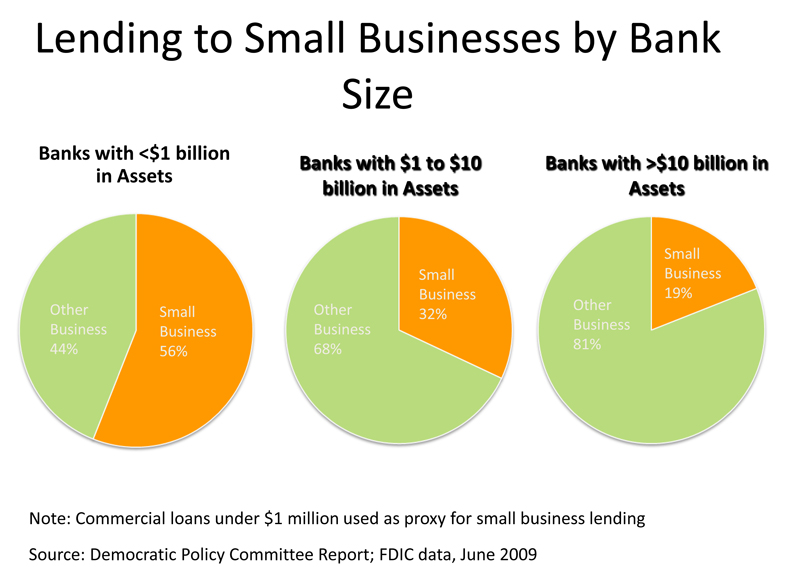

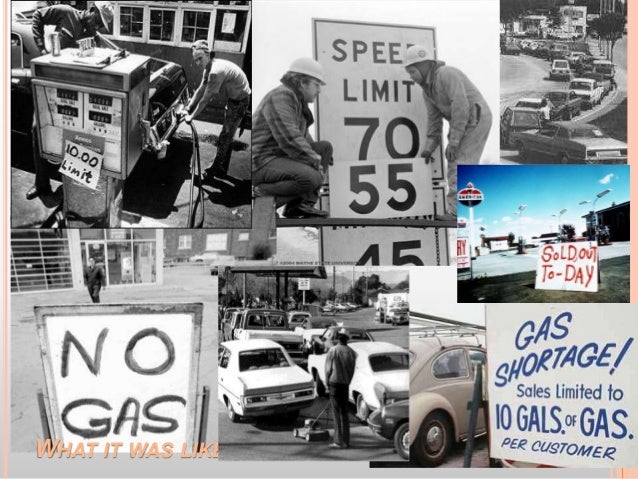
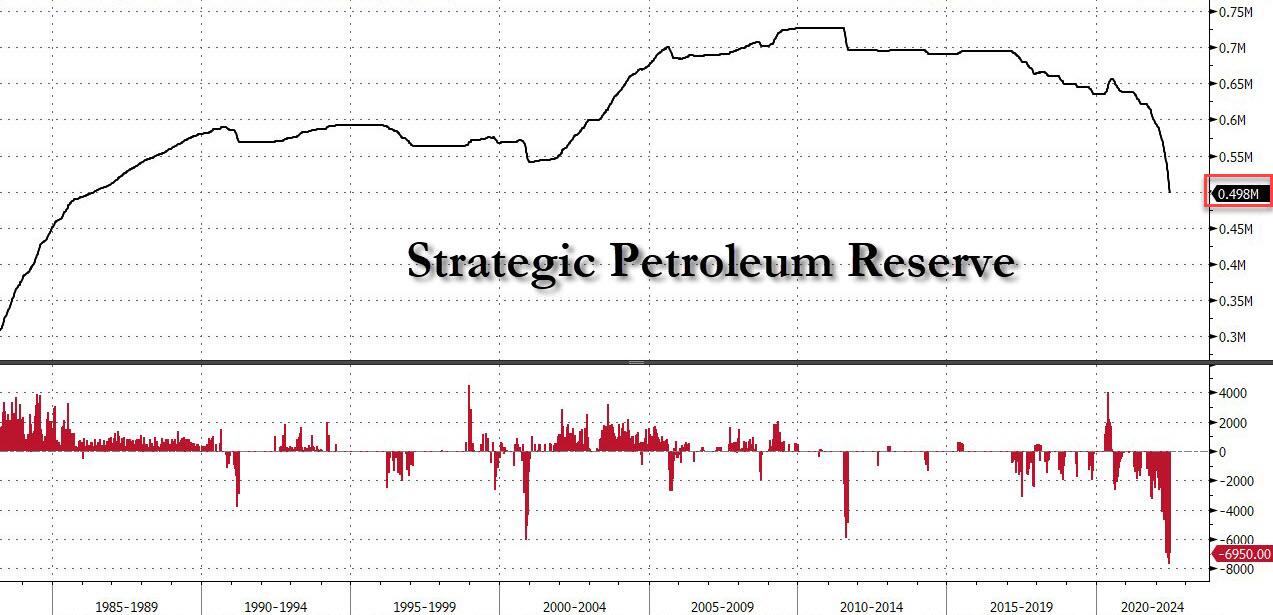
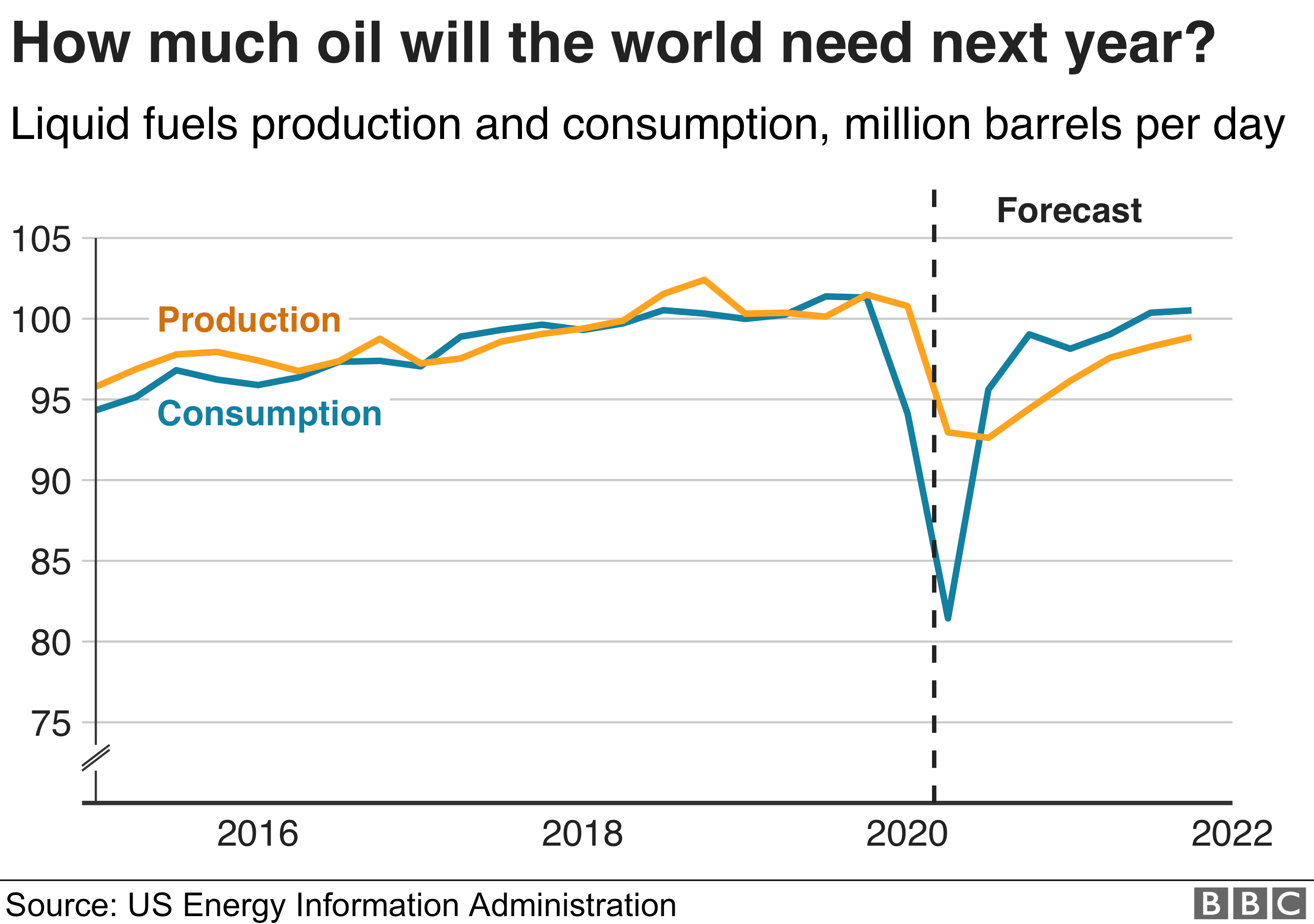
/https:%2F%2Fblogs-images.forbes.com%2Fdanschawbel%2Ffiles%2F2017%2F03%2Fzell.jpg)
:strip_icc()/u-s-imports-and-exports-components-and-statistics-3306270-8491f645ed2947918110b5b00f08d5a9.png)







